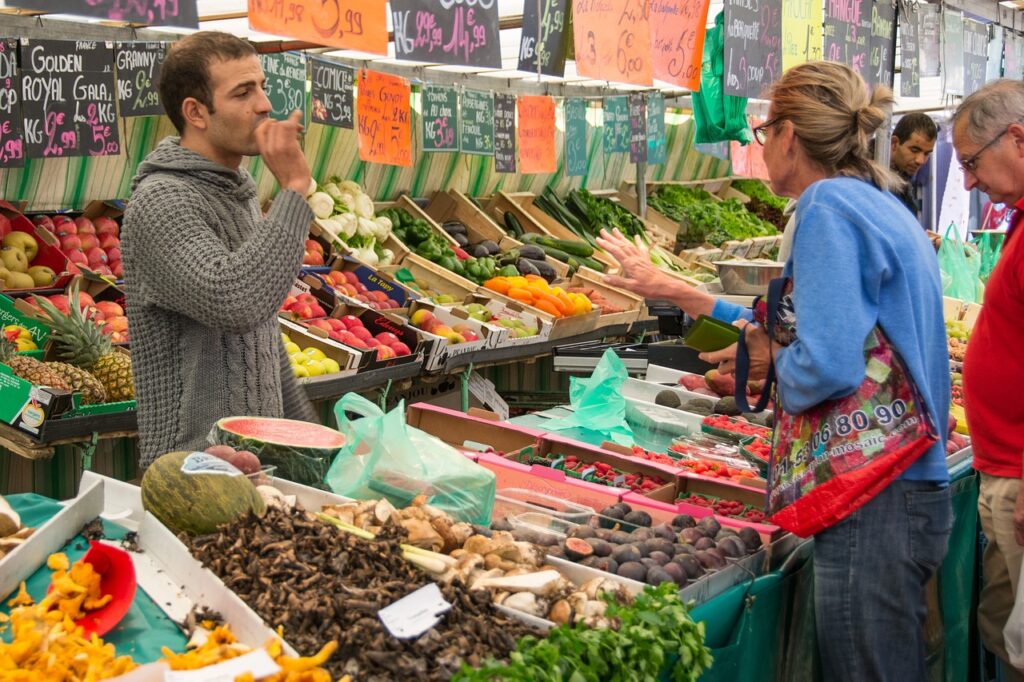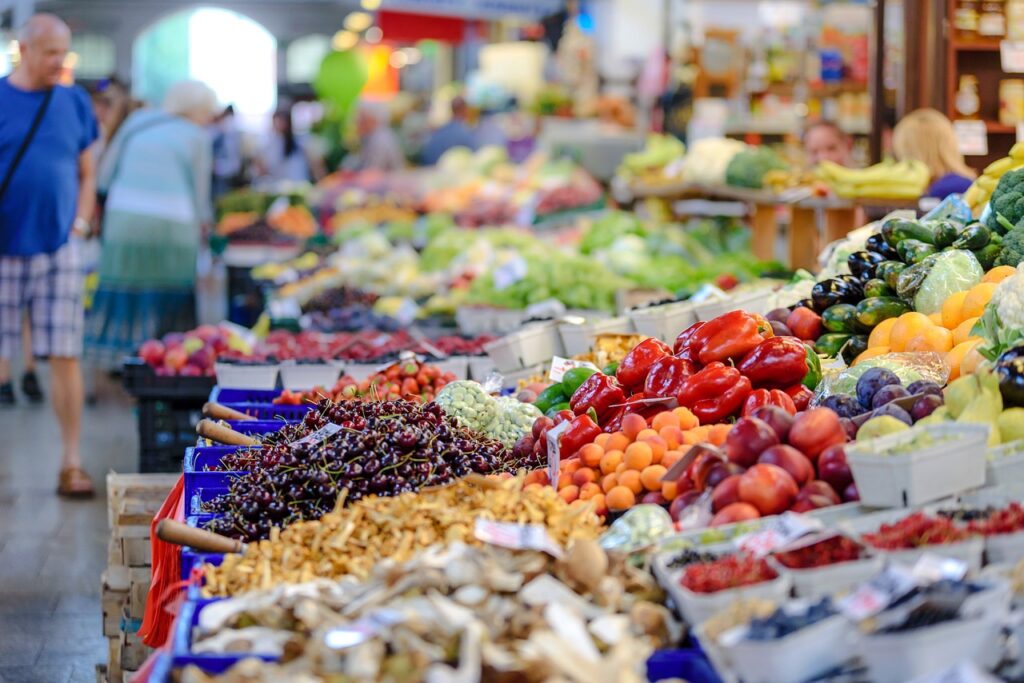The farm-to-table movement has been expanding for years, and many have questioned whether it is a fleeting trend or a new fixture in the restaurant sector. Years later, farm-to-table remains vibrant, indicating that it is here to stay. Due to the farm-to-table movement’s phenomenal development and popularity, restaurant owners must grasp what it is, its history, and the benefits and drawbacks of starting a farm-to-table facility.
How is Farm to Table Defined?
Farm-to-table, sometimes called farm to fork, is a social movement in which restaurants acquire their products directly from local farmers. The majority of traditional eateries get their ingredients from other regions of the nation or even the globe. Because these components must be transported over vast distances, they are often selected before they are ripe to prolong their shelf life or frozen to avoid spoilage. All of this results in bland, nutrient-deficient meals.
A farmers market Apple Valley get their ingredients directly from local farms, ensuring that the food is selected at its optimum freshness and is brimming with flavor and vitamins. Because the product is often rather tasty, many farm-to-table enterprises in the Apple Valley farmers market avoid using elaborate sauces and overbearing tastes, preferring to let the food’s freshness and flavor speak for itself.

The Advantages of Farm-to-Table
Farm-to-table has significantly influenced the food service business and how restaurants obtain and prepare their food.
The following are some of the primary advantages:
- Farm-to-table contributes to the local economy by promoting local agriculture and supporting local farmers. Due to the fact that farm-to-table restaurants interact directly with farmers, you can be certain that your money is going directly to farmers to help them build their businesses and support the local economy.
- Farm-to-table benefits both the restaurant and the farmer; the restaurant receives delectable and fresh products, while the farmer gets appreciation for their efforts and is assured of future business. Additionally, farm-to-table restaurants that have a strong connection with a certain farm may often request that they cultivate specific vegetables.
- Serving farm-to-table meals in your restaurant is a wonderful method to increase community access to local and organic foods.
- Farm-to-table is a huge trend, and linking your restaurant with it may help you attract new clients and generate enthusiasm about your cuisine.
- It may be beneficial to the environment. Because the product is not transported over large distances, it requires less time on a truck and emits fewer greenhouse gases into the environment.
Town’s End Stillhouse and Grill were founded on the concept of creating a gathering place for those of us who live in and enjoy the High Desert. We strive to provide you with the most incredible atmosphere, cuisine, and in-house distilled liquor, as well as a memorable experience.
